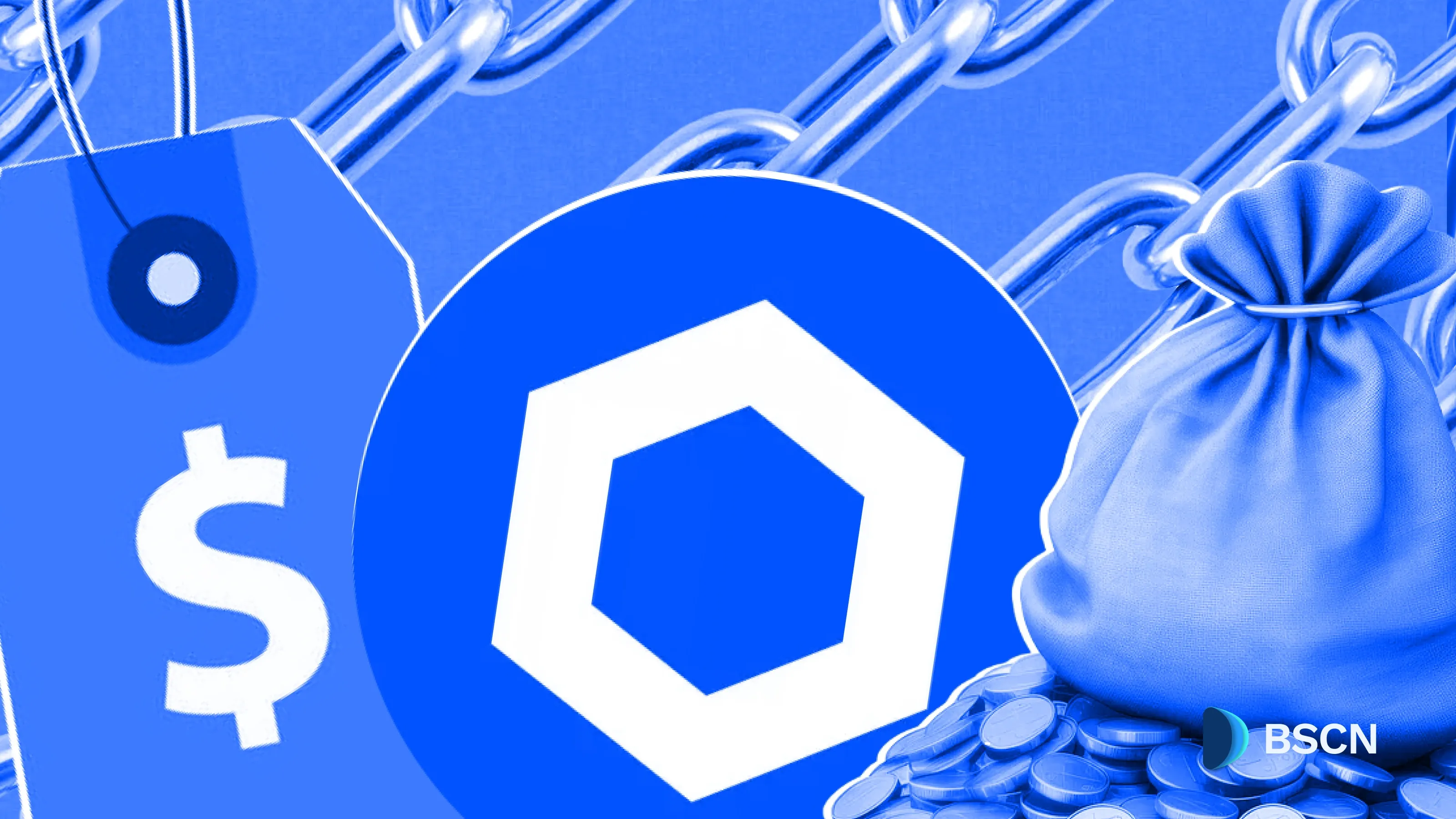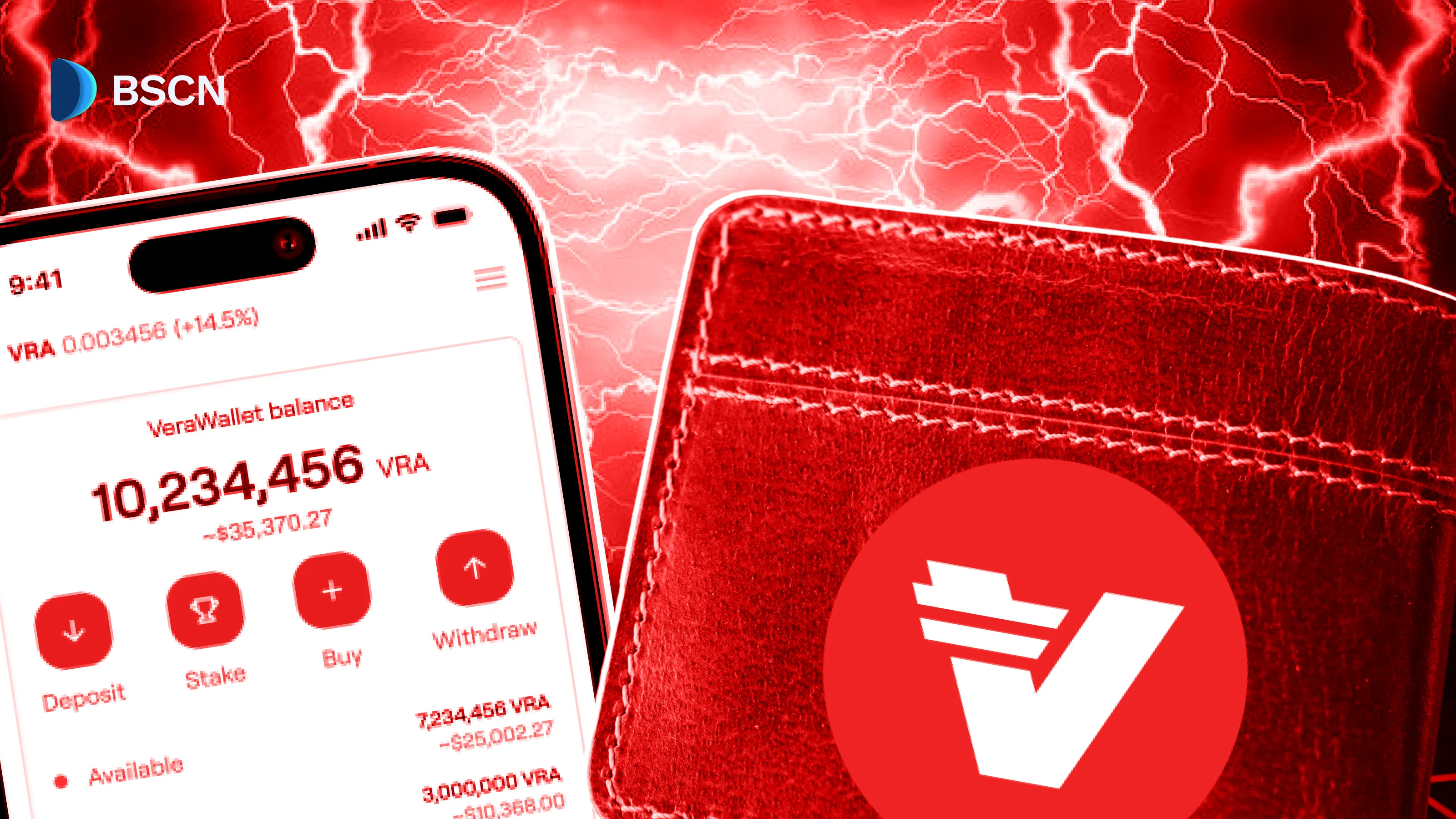BTC
Supreme Court OKs U.S. Government to Sell $4.4 Billion in Seized Silk Road Bitcoin

The U.S. Supreme Court's refusal to hear a case concerning 69,370 seized Silk Road Bitcoins clears the way for the government to sell the $4.4 billion in assets, potentially impacting crypto markets.
Soumen Datta
October 7, 2024
The U.S. Supreme Court has declined to hear a case involving 69,370 Bitcoin, valued at around $4.4 billion, which were seized from a wallet linked to the infamous Silk Road marketplace. This decision allows the U.S. government to proceed with the sale of the massive Bitcoin stash.
The case, Battle Born Investments v. United States, stemmed from a dispute over ownership of the Bitcoin, which had been stolen from Silk Road by an anonymous figure known as "Individual X." Battle Born Investments had claimed rights to the Bitcoin through bankruptcy proceedings but was unsuccessful in convincing the courts that the Bitcoin rightfully belonged to them. Lower courts ruled against Battle Born, and with the Supreme Court declining to hear the appeal, the path is now clear for the U.S. government to dispose of the assets.
A Long Legal Battle Ends
The legal journey began when Battle Born argued that it had purchased rights to the seized Bitcoin through the bankruptcy estate of Raymond Ngan, whom they claimed to be "Individual X." However, the federal court was unconvinced, ruling that the government lawfully seized the Bitcoin. The U.S. government has held the Bitcoin since its confiscation and now appears free to sell it following the Supreme Court’s denial of certiorari, or an appeal review.
Government Bitcoin Sales and Market Impact
With the legal hurdles cleared, the U.S. Marshals Service may soon auction off the Bitcoin, which had once been stolen from Ross Ulbricht’s dark web marketplace, Silk Road. The U.S. government has already been moving large sums of Bitcoin in recent months, potentially in preparation for liquidation.
The sale of such a large amount of Bitcoin has raised concerns within the crypto community about market volatility. Previous government sales of seized Bitcoin have occasionally disrupted crypto markets, and this auction could trigger similar reactions.
Political and Policy Implications
The sale of government-seized Bitcoin has also become a topic of political debate. Former U.S. President Donald Trump, speaking at a crypto conference in July, expressed interest in building a "strategic Bitcoin stockpile" if re-elected, signaling potential shifts in how the U.S. handles its crypto holdings. Despite such political conversations, the immediate future likely involves liquidation, contributing billions of dollars to the government’s coffers.
With the legal case now at an end, the U.S. government’s role in handling and potentially selling seized cryptocurrencies is set to become a focal point, with billions of dollars hanging in the balance.
Disclaimer
Disclaimer: The views expressed in this article do not necessarily represent the views of BSCN. The information provided in this article is for educational and entertainment purposes only and should not be construed as investment advice, or advice of any kind. BSCN assumes no responsibility for any investment decisions made based on the information provided in this article. If you believe that the article should be amended, please reach out to the BSCN team by emailing [email protected].
Author
 Soumen Datta
Soumen DattaSoumen has been a crypto researcher since 2020 and holds a master’s in Physics. His writing and research has been published by publications such as CryptoSlate and DailyCoin, as well as BSCN. His areas of focus include Bitcoin, DeFi, and high-potential altcoins like Ethereum, Solana, XRP, and Chainlink. He combines analytical depth with journalistic clarity to deliver insights for both newcomers and seasoned crypto readers.
Latest News
Crypto Project & Token Reviews
Project & Token Reviews
Comprehensive reviews of crypto's most interesting projects and assets
Learn about the hottest projects & tokens
Latest Crypto News
Get up to date with the latest crypto news stories and events








